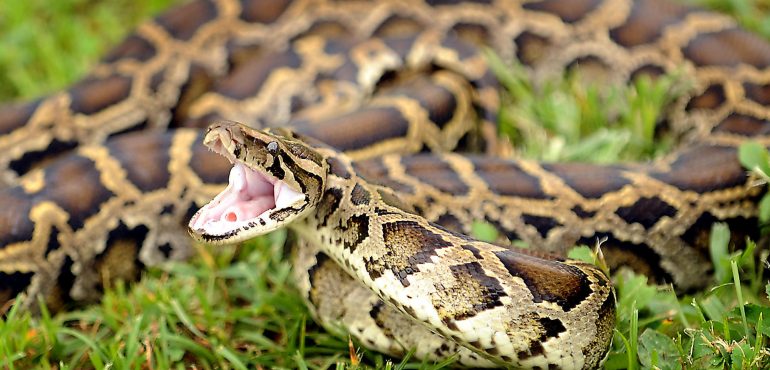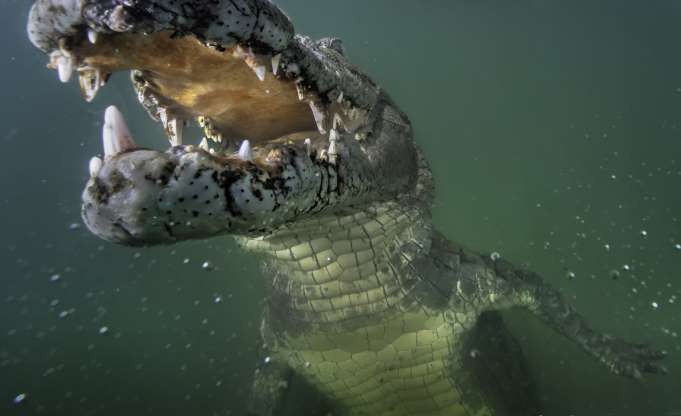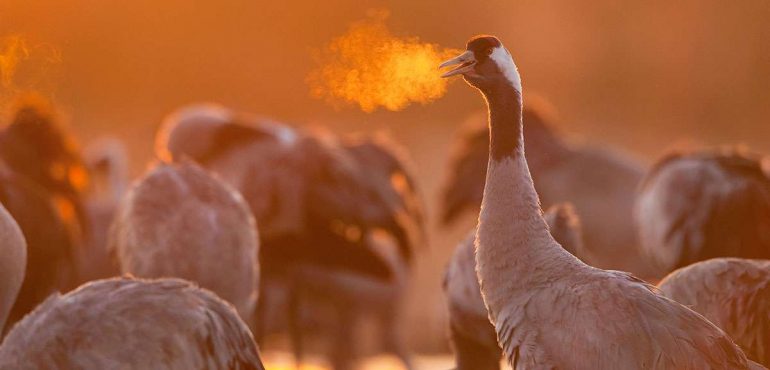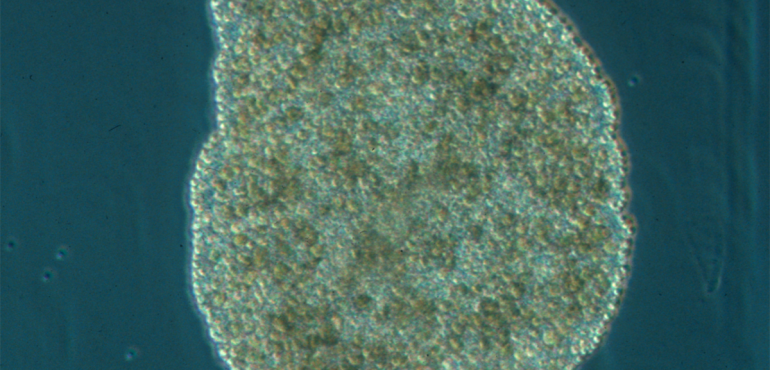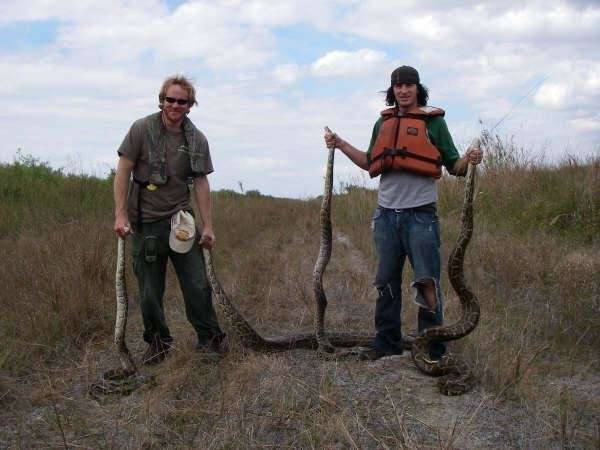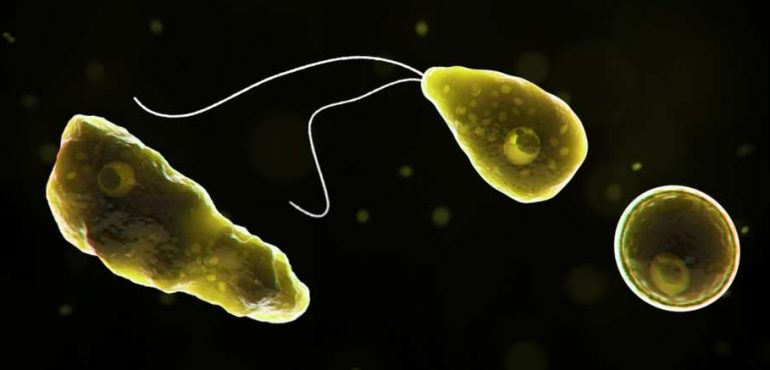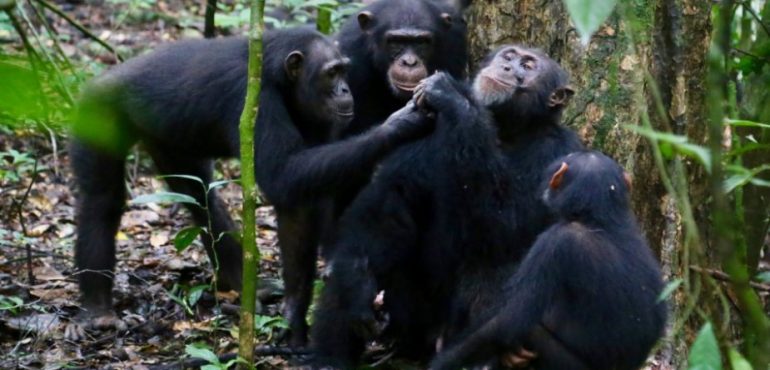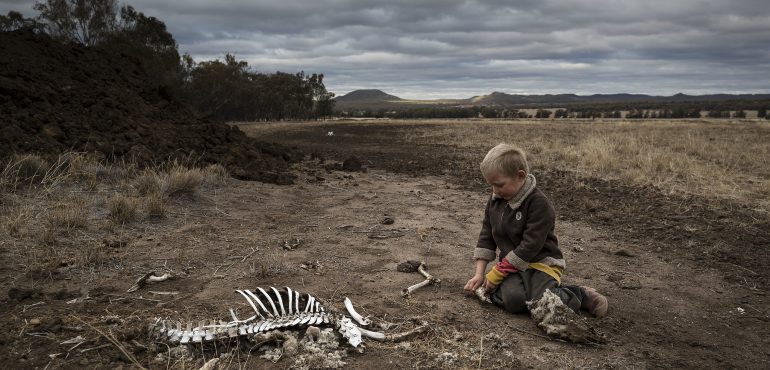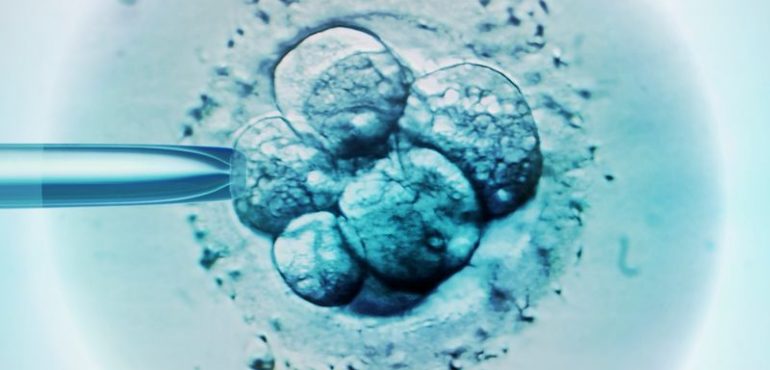Watch the CBSN Originals documentary, "Burmese Python Invasion: Fighting Invasive Species," in the video player above. The full hour special premieres on CBSN Sunday, Oct. 28, at 8 p.m., 11 p.m. and 2 a.m. ET. It's been 26 years since Hurricane Andrew became the costliest storm in Florida's history, but today residents of the Sunshine State are…
Read more
Burmese python invasion in Florida a hidden legacy of Hurricane Andrew
